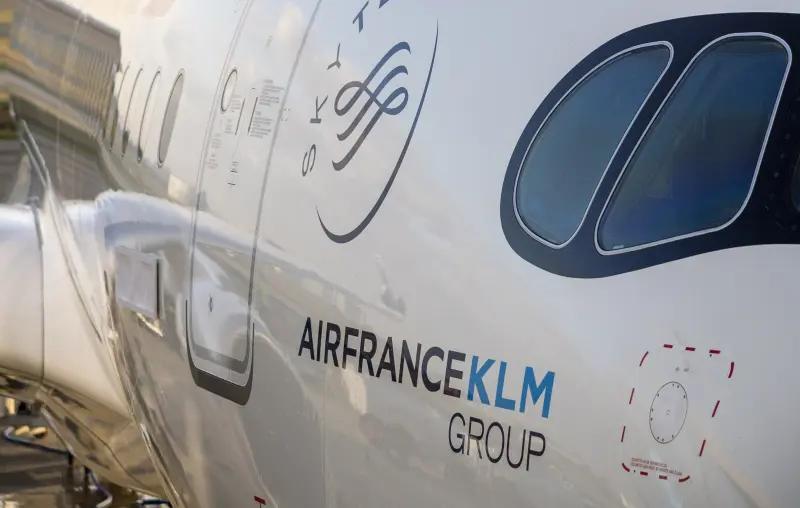There has been a generalisation in the past that it can cost five times more to get a new customer than it does to keep an existing one. That is why loyalty has always been an important part of any business model, whether a local coffee shop or a global business brand. Many now question if loyalty remains as relevant in today’s world.
It is clear though that it continues to be an important aspect of customer retention and an essential tool in the personalisation process. Through engaged and loyal brand advocates, businesses can get to know their customers better, targeting products and services more effectively with this audience.
Airlines have certainly stood out among the more successful businesses at securing customer loyalty and have certainly profited from their programmes. The ability to collect and spend points on upgrades, flights, car hire and more has kept travellers and business incentivised to reach ever higher points tiers and secure increasing benefits.
The COVID-19 pandemic, however changed things. With flights grounded for many months, loyalty schemes became a point of anxiety with travellers wondering whether they would lose their built up status. Without the ability to visit hotels, resorts, and attractions, previous ways that brands had encouraged loyalty soon became “irrelevant,” according to industry observers.
A big issue has been it has not easy to put a value on loyalty. Well, the health pandemic has helped us to truly understand how important loyalty programmes are to airlines and the strength of their individual brands.
This became evident in the early stages of the pandemic when the US majors started looking around for assets to pawn when COVID-19 bit. In 2020, Delta Air Lines, as one example, raised USD6.5 billion in debt on the back of its programme, valuing it at USD9 billion.
Few airlines have programmes of that size. Still, it has emerged now that high-growth, global alternative asset manager, Apollo Global Management has formalised the signing of an agreement for affiliated entities, funds and clients to invest up to EUR1.5 billion into an Air France-KLM operating affiliate holding the trademark and most of the commercial partners contracts related to Air France and KLM’s joint loyalty programme Flying Blue.
This inaugural European loyalty programme financing transaction will provide Air France-KLM with a capital solution “to further strengthen its balance sheet and enhance Flying Blue’s scalability and growth prospects,” says Apollo and is the third transaction between Apollo and Air France-KLM within the last 18 months.
Air France-KLM says it will continue to manage and operate Flying Blue, and Air France and KLM will keep full ownership rights of their customer database.
This transaction highlights that loyalty programmes remain very relevant and are also a pointer to the future for airlines, effectively using the positive aspects of their brand and reach to create an entirely new financial product based on their access to a vast retail market.
- air france
- france
- air france-klm
- klm
- frequent flyer programme
- loyalty programme
- netherlands
- loyalty
- finance
- frequent flyer









